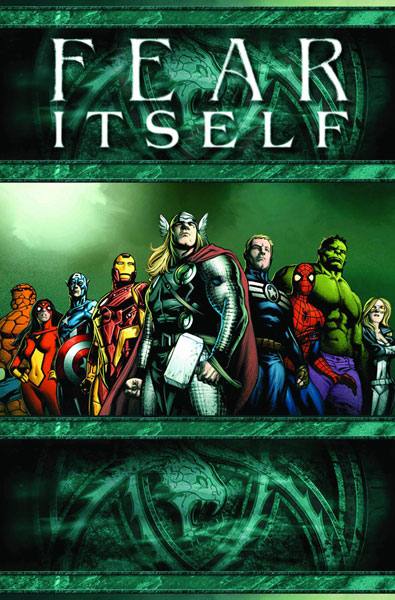s always my blog, due to the bone-idleness of its author, is somewhat late to the
party. But I was honestly going to do a piece on Top Gears attitude to Electric/Hybrid
vehicles. Honest guv.
Anyway, Recently Top gear ran a segment on two commercially available electric
cars, the Nissan Leaf and the Peugeot ion. It has come under some criticism,
particularly from George Monbiot and others. Top Gear have also responded but I’d
thought I should put in my 2.5p (Exchange rate variable) worth.
First, declaration of interests. I am a petrol head. Love cars, Love the internal
combustion engine. Not only that but I do like cars that are bad for the environment,
the growl of an American V8 or the great looks and handling but 1960s fuel efficiency
of a classic british sports car. However, I do despair at my fellow petrol heads from
time to time.
Sadly, it seems most seem to think our love of cars and environmentalism can’t meet.
Indeed it quite often leads to a rather childish inclination towards climate change
denialism (Mr Clarkson, I’m looking at you) This need not be the case. My original
blog post was based around comments by Jay Leno, himself an avid car collector and
driver. His point was alternative fuels would free up the petrol car for the petrol head,
in the same way the car freed up the Horse for the enthusiast. This rings true for me,
as 90% of the car driving population care nothing for A V8 rumble or a supercharger
whine. They would prefer a car that goes from A-B, carrying all they wish to carry
(Cargo, children, sports equipment, cows) and costing as little as possible to buy
and run. My point is always we should nurture this and demand better electric, or
hydrogen cars and better public transport. The former to hopefully reduce the demand
for petrol, lowering prices and the latter to ease up congestion, not to mention the
environmental benefits. However to the piece.
One of the main complaints from Nissan and various articles and blogs, is the comedy
scene where they run out of power and have to push the cars around looking for a
charging point. Many state that they deliberately rand down the batteries to around
40% and selected a town with no charging infrastructure in order to make electric cars
look bad. On this point I disagree.
While charging infrastructure has improved, a good percentage of us live in cities
with little or no charging facilities. Hell, Glasgow has something in the realm of
2 locations and its Scotland’s biggest city, imagine the difficulties of running an
electric car out in the highlands. While Top gear may have laboured this point a bit
the possibility of running out of power miles from a charging point is a fear most of
us have. The Leaf has various clever systems in place to advise you if you have run
the battery too far down to reach a charging location, but like it or not at the moment
running an electric car will require planning and forethought that a petrol version will
not.
The second point which Top Gear made pretty well was the Electric Car’s biggest
fault, the time it takes to charge. Yes again they had some knock about fun waiting the
13 hrs for the leaf to charge, but still, for a complete charge from empty 13 hrs is a long
time.
I am not completely defending Top gear however. They took some liberties. First
there was some dodgy figures surrounding the cost to charge up a car, with many
wondering where they found their particularly high tariff. Second was a discussion
about the lifespan of the batteries and potential damage and replacement costs. The
main fault here is tha they failed to explain that if your battery does go wrong Nissan
will replace it for free, and worth noting that 90% of the battery is re-cycled in the
UK. This fact would have taken the force out of their ranting about some of the
running costs.
I don’t want Top gear to do puff pieces on Electric cars, but while not the hatchet
job some of the critics are making it out to be the Top gear piece was aiming to be
negative, as the bookend studio segment with its tiresome “Batteries are rubbish” line
from May and Clarkson “Humerously” suggesting we could use something called
Petrol. This has never sat well with me, Clarkson has a definite objection to the
Prius, and if he could get past rant mode and provide figures to his argument that they
are more environmentally damaging to build and dispose of, he would actually have a
pretty good scoop, since Toyota make a big deal of the Prius’s green credentials, but
instead of that we get general bluster and various omissions.
I don’t expect purely factual slots on Top gear and realise it is as much entertainment
as informative, but I do expect a little honesty, particularly since, like it or not, within
the next 20 years its more than likely we’re all going to be running an electric or
alternative fuelled car.
Here is the BBC's response, it covers some of the points above, but still fails to mention nissan will replace any battery not holding a charge for free.
:squee:
16 years ago


